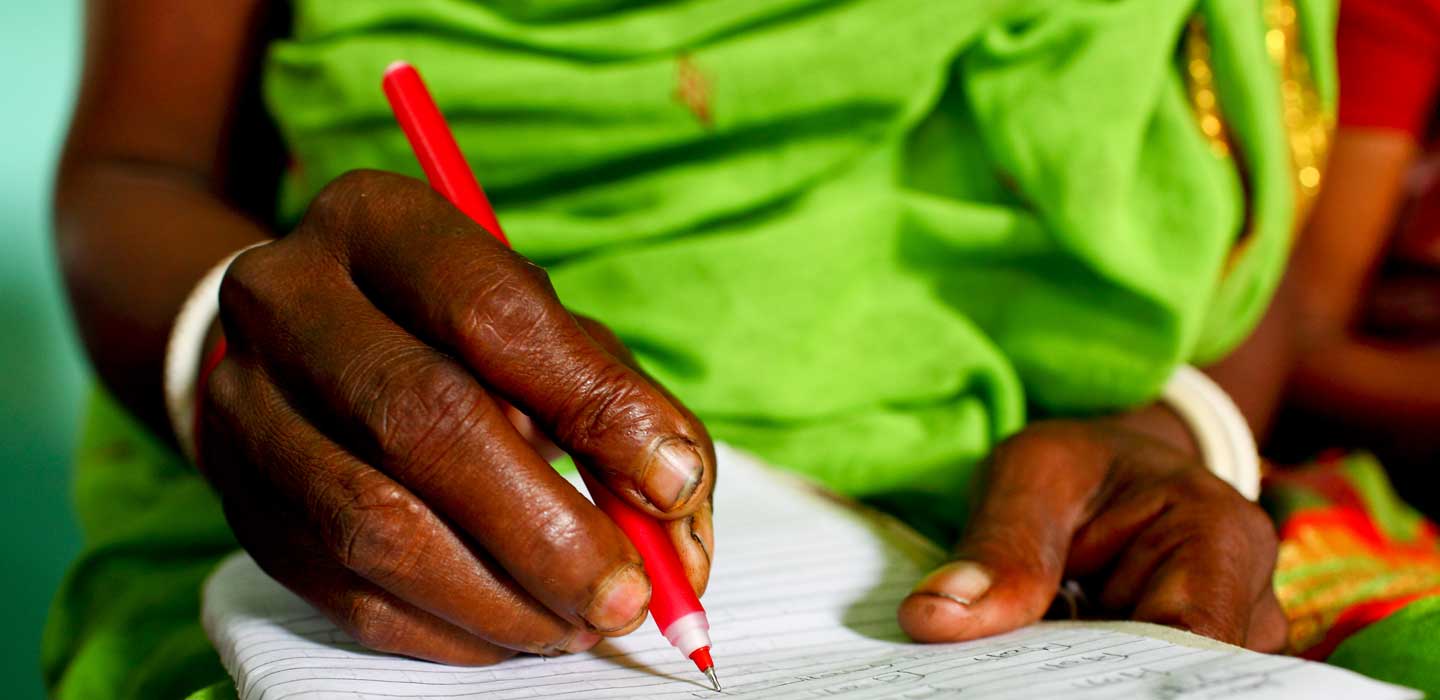Blogs
Blogs

Blogs
Asset Publisher
Manual Submenu Topics
Search Results Filters
Search Results
How small-scale producers can leverage the growing livestock market
With global production and consumption of meat projected to rise, livestock rearing is becoming an increasingly important income source for many small-scale producers. Recently, livestock farmers from around the world have been learning from each other via the SSTC framework.
It’s time to think small
Small-scale farmers and the rural poor have a crucial role to play in the restoration of ecosystems and the conservation of natural resources.
How can International Financial Institutions invest to ‘’build back better’’?
Given the already-high levels of poverty and vulnerability faced by small-scale rural producers, the pandemic has hit them and their families particularly hard. So, what should be the priorities for organisations, like IFAD, in the coming years?
Bold actions for gender equality and women’s empowerment in food systems
What does a gender just and equitable food system practically look like? A just and equitable food system is one in which women’s roles change from being invisible to being visible.
Strengthening food systems in Pakistan
The State of Food Security and Nutrition in the World 2021 reported that more than half of the world’s undernourished are found in Asia (418 million). In Pakistan, Covid-19 has exposed vulnerabilities and inadequacies making nutrition a more complex challenge now.
Putting food and agriculture at the heart of the global biodiversity framework
Despite standing to suffer immensely from the decline of biodiversity, agriculture is the lead driver of biodiversity loss, primarily through conversion and fragmentation of habitat and unsustainable intensification.
A decade of IFAD’s inclusive rural finance programmes points to an innovative and catalytic future
The number and variety of financial services accessible to the rural poor continues to grow. A recently completed stocktake of IFAD’s rural finance programmes has identified a number of successes, plus some opportunities for further innovation.
Transforming rural agriculture through technology and innovation
Despite the African continent holding the world’s most arable land and the agricultural sector employing over half of the population, Africa is still struggling with food production and food insecurity.